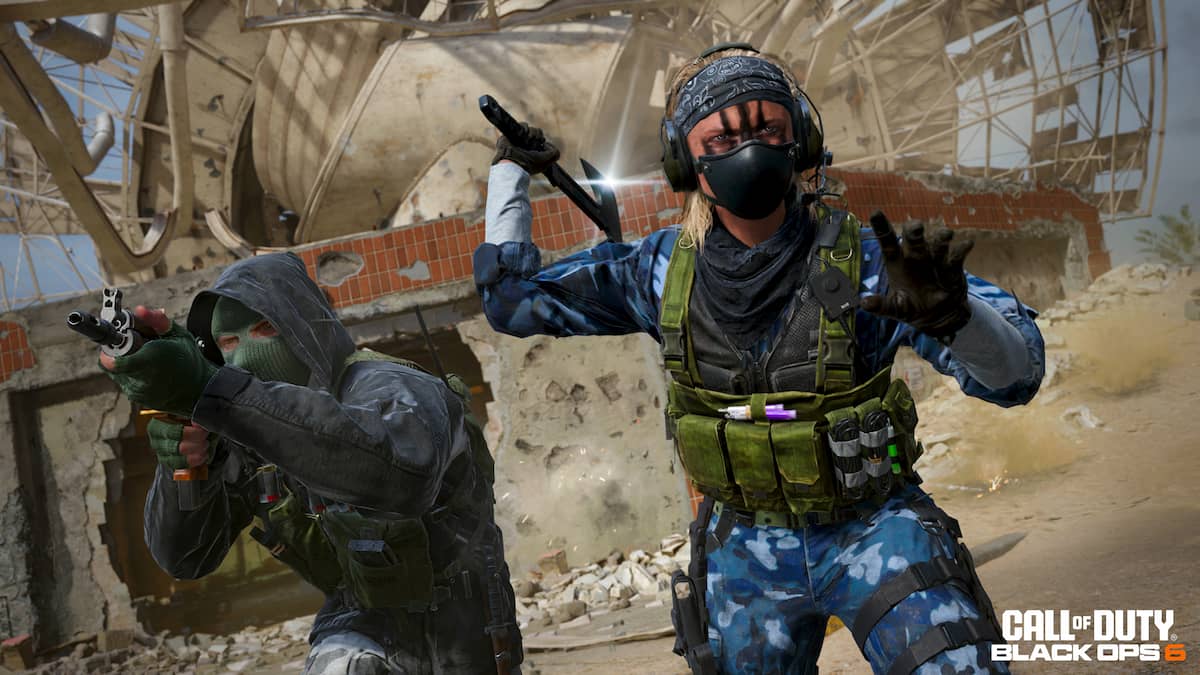ESforce Holding is flexing its muscles again. The Moscow-based esports conglomerate signed a deal with MediaMarkt Russia that’s reportedly the biggest in the Eastern European esports market to date. The partnership was announced last week, April 13, and is estimated to be worth several million dollars, sources told Rambler News.
ESforce CEO and co-owner, Anton Cherepennikov, called the partnership a game changer.
“The partnership with MediaMarkt is a comprehensive cooperation involving multiple projects by the ESforce Holding,” Cherepennikov said. “Entering into a partnership with a company of this caliber was a strategic decision both for us and the Russian esports industry as a whole. We are convinced that the collaboration between ESforce and MediaMarkt will take esports in Russia to a qualitatively new level.”
MediaMarkt is a major international consumer electronics retailer, comparable to Best Buy in the United States. Guido Rehm, General Director of MediaMarkt Russia, emphasized that the deal only marks the beginning of its cooperation with ESforce.
“Focusing on innovations is part of MediaMarkt’s business strategy; therefore, the partnership with the ESforce esports holding will mark a new stage in the ‘digitalization’ of our company,” Rehm explained. “Together with ESforce, we will develop projects on the fast-growing market which will attract a multi-million audience of gamers and fans. The initiatives planned for 2017 are only the beginning of our cooperation with ESforce.”
The partnership has been arranged by Media Direction Sport, a sports marketing agency in the BBDO network. Its parent company, the Omnicom group, is one of the largest advertising holdings in the world.
Anton Leontiev, managing director of Media Direction Sport called the deal “the first project of such a scale.”
Backed by one of Russia’s richest businessmen, Alisher Usmanov, with investments that could hit $100 million, ESforce Holding became a behemoth in esports since launching in October 2015. The former Virtus Pro Group boasts it reached 80 percent of esports viewers in Russia and the CIS with its company network.
Its many businesses include majority shares in esports teams Virtus Pro and SK Gaming, the media rights of Ukrainian esports organization Na’Vi, 90 percent of the skin gambling website CSGO Lounge, and a multitude of other esports companies, ranging from Epicenter organizer Epic Esports Events to broadcasting studio RuHub.
The holding came under closer scrutiny when its conflicting ownership of VP and SK was revealed. As members of WESA, a regulatory body that sanctions ESL Pro League, this conflict needs to be addressed within the next 17 months.
Even then, the widespread control over multiple businesses—especially the triad of event organizer, betting provider, and team owner—raises concerns over conflicts of interest. The deal with MediaMarkt demonstrates how attractive ESforce’s massive portfolio is for non-endemics, though. But on the downside, it comes with the heavy consolidation of businesses on ESforce’s part, a domination that borders monopolization. It’s a double-edged sword.
On the one hand, the holding is a serious and heavily committed venture, which isn’t shy to put its war chest to work. Last year, VP’s Counter-Strike superstars received the longest and, reportedly, highest-paying contracts in the scene, for example. On the other hand, it’s a scary prospect when few control much in the absence of effective regulations.
Of course, it’s great to see a company the caliber of MediaMarkt get into esports. It still needs to be proven, however, that “esports in Russia” is the real winner in this, not just ESforce Holding.












Published: Apr 18, 2017 07:44 am